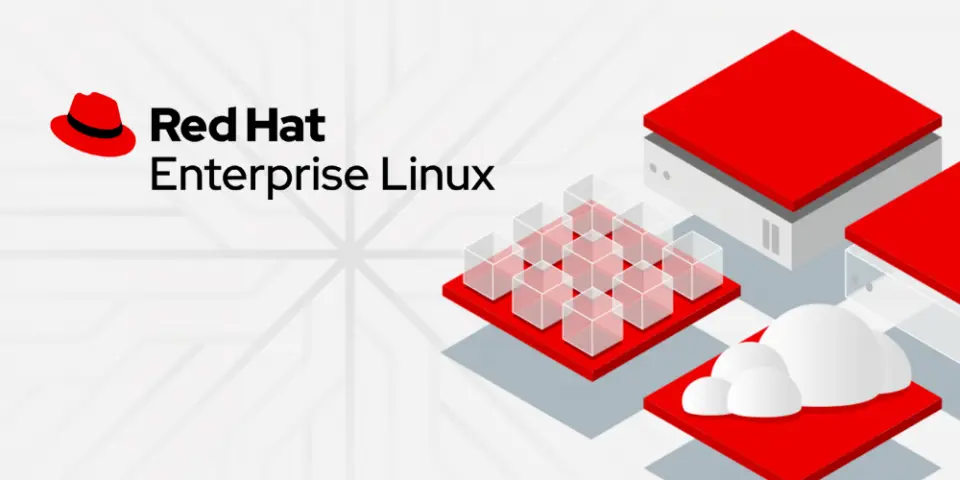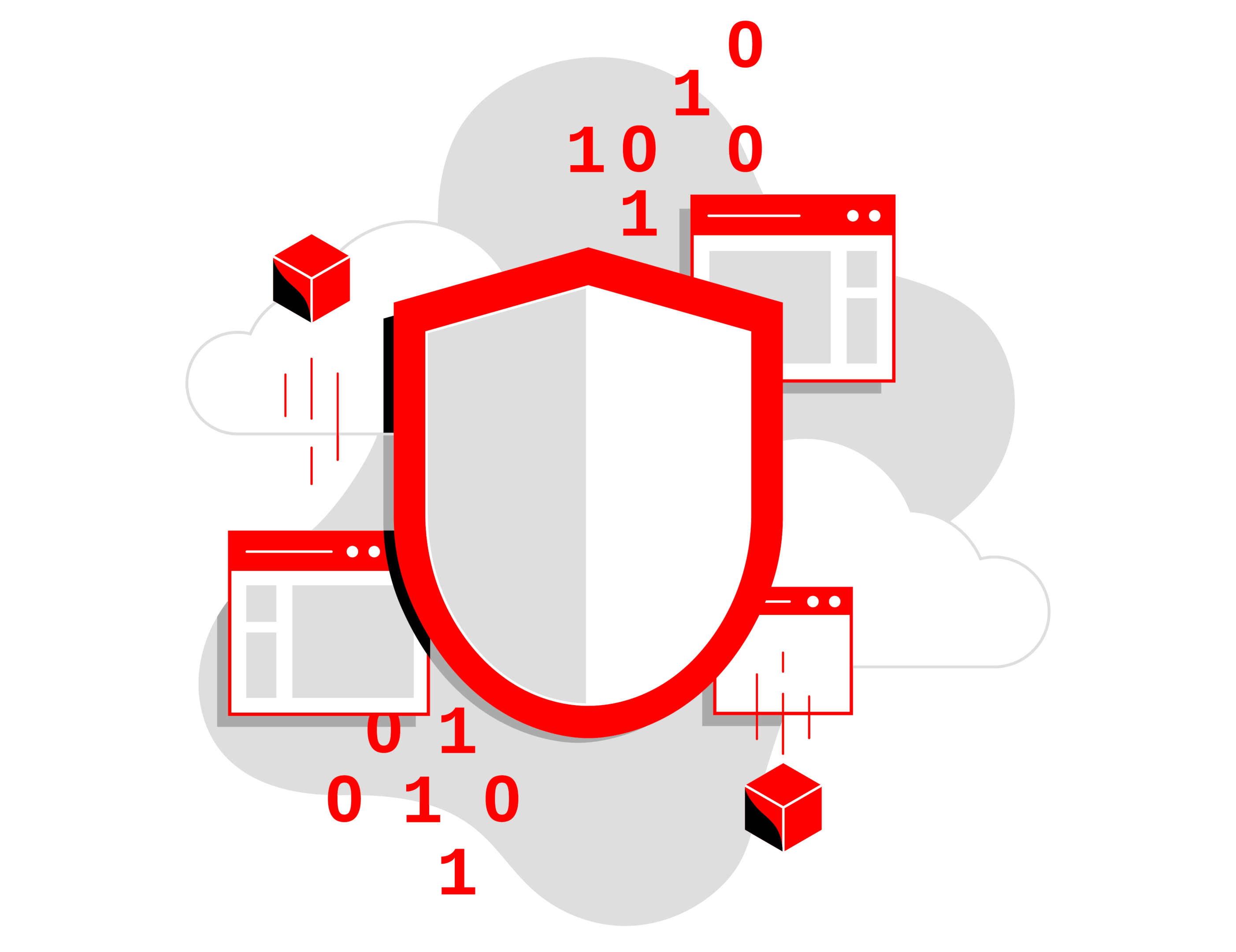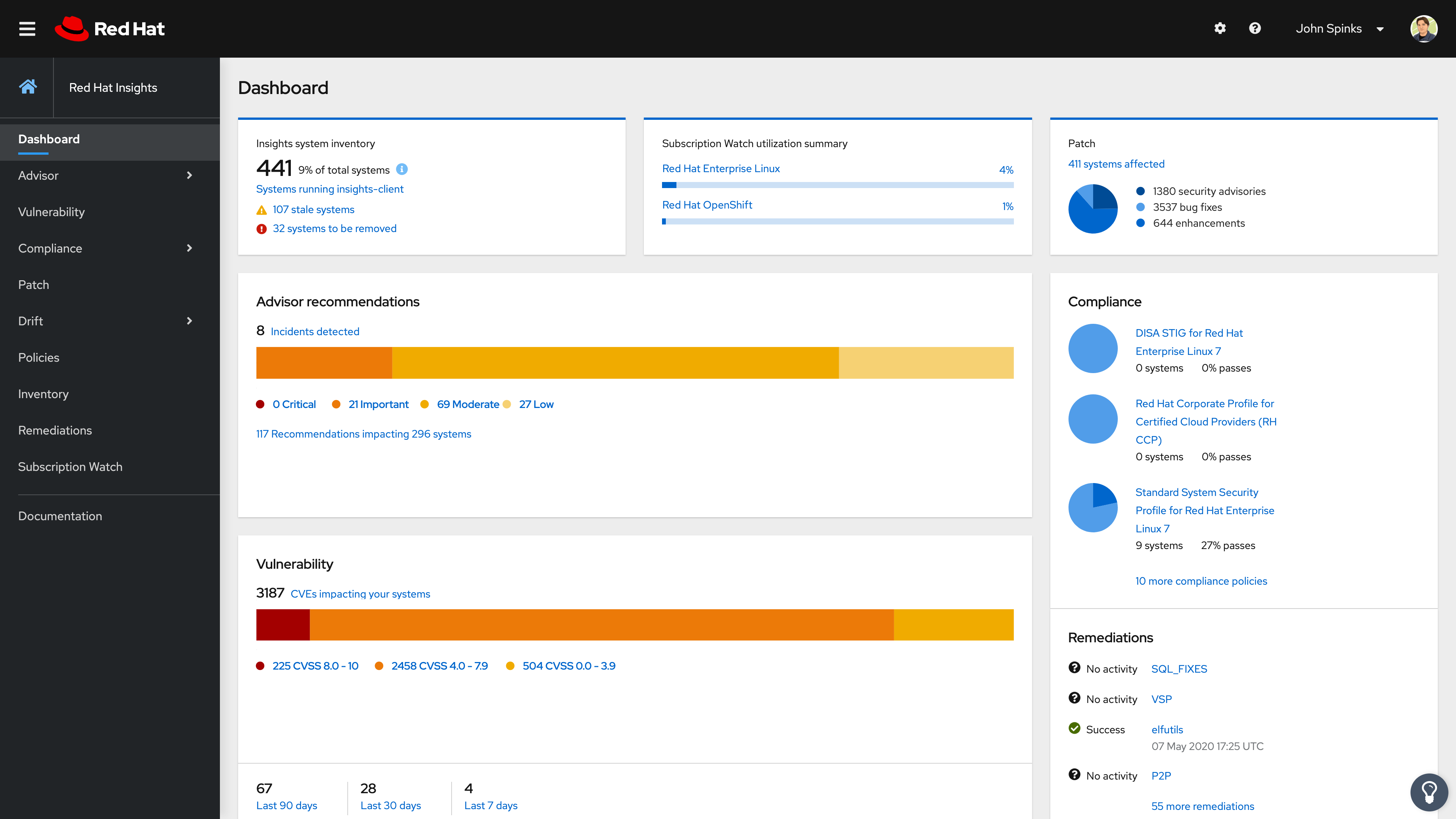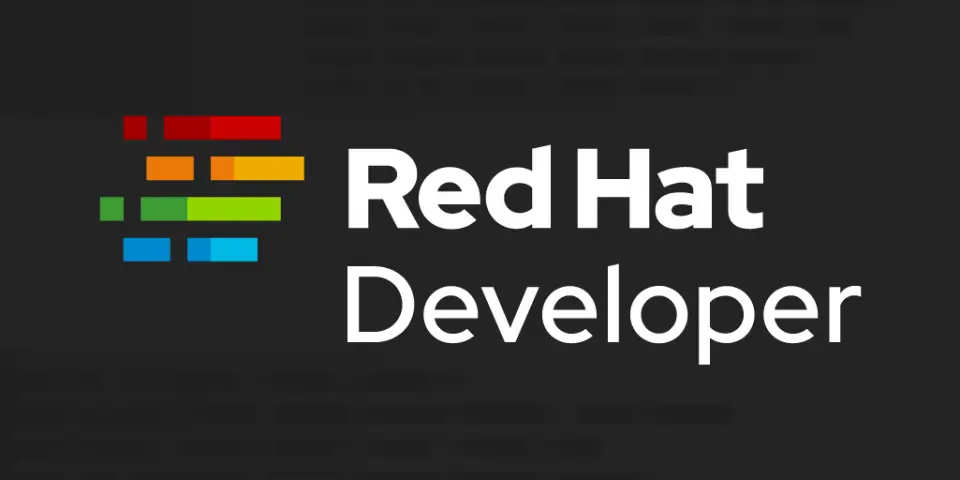Red Hat Enterprise Linux
What is Red Hat Enterprise Linux?
Red Hat Enterprise Linux (RHEL) is an operating system developed and supported by Red Hat. It is based on an open-source approach and provides robust performance along with reliability. RHEL is commonly used in large enterprise environments, catering to the needs of businesses by offering a range of features.

Architecture
RHEL leverages the extensive features and performance advantages of Linux. The operating system boasts a scalable and robust architecture. Known for its modular design and built on a powerful kernel, RHEL’s fundamental architecture allows it to scale according to workloads and operate on various hardware architectures.
Management Tool: Red Hat Enterprise Linux Management
RHEL comes with a robust set of management tools. The Red Hat Enterprise Linux Web Console, a proprietary management tool from Red Hat, offers a web-based user interface, providing system administrators with ease of use. Additionally, a range of command-line tools and graphical interfaces offers a broad spectrum of options for system configuration, monitoring, and troubleshooting.
Security
Security is of critical importance for large enterprises, and RHEL addresses this need with a variety of security features. RHEL enhances network security with tools such as Secure Boot, Secure Shell (SSH), and firewalld. Furthermore, security measures at the operating system level, such as Security-Enhanced Linux (SELinux), provide protection.

Performance and Scalability
RHEL is designed to manage and scale workloads effectively. With advanced performance optimizations, it supports high-demand applications. Additionally, it provides scalability through cloud integration and virtualization technologies, enabling rapid adaptation to changing business needs.

Red Hat Enterprise Linux Comunity ve Support
RHEL is backed by the Red Hat Community and commercial support from Red Hat. The community edition, CentOS, also offers a free and open source version of RHEL. However, enterprise environments often benefit from professional support from Red Hat, improving business continuity and reliability.
Benefits of Red Hat Enterprise Linux
Support and Community Contributions
- RHEL is supported by Red Hat’s professional support services, enabling businesses to troubleshoot and obtain quick solutions.
- The Red Hat Community contributes to the continuous updates of RHEL through open-source community contributions.
Open Source and Community Engagement
- RHEL is an open-source operating system, allowing it to be used in accordance with the principles of free software.
- The Red Hat Community can contribute to developments in the operating system, providing users with a system that includes features tailored to their needs.
With these benefits, Red Hat Enterprise Linux helps large-scale enterprises effectively manage complex information technology environments.
License Models
Traditional Subscription Model:
Annual Subscription: RHEL is typically licensed through an annual subscription model. This allows the customer to have the right to use the software for a specific period (usually one year).
Software Updates and Support: The subscription includes software updates and Red Hat’s support services. This enables the customer to benefit from security patches and new features.

Red Hat Insights:
- Red Hat Insights is a service that monitors and analyzes your systems. This service helps enhance the performance and security of your operating system by providing predictive analytics and recommendations.
- Red Hat Insights can be included with certain RHEL subscriptions or purchased separately as a standalone subscription.

Sockets and Core Based Licensing:
- Red Hat bases some subscription models on licensing based on processor sockets or physical cores. This is usually based on which hardware the operating system is running on.
- Licensing by processor count or core count can provide a more flexible cost structure for large-scale systems.
Smart Management Extra Fee
- Smart Management is an additional service package that includes Red Hat Satellite and Red Hat Insights. This service provides system administrators with the ability to more effectively manage and update their systems.
- Smart Management is usually available at an additional cost and can be selected depending on the customer’s needs.
Developer Subscriptions:

- Red Hat offers free or low-cost RHEL subscriptions for developers. These subscriptions are typically designed for individual developers and small teams.
Red Hat Enterprise Linux OpenStack Platform and Red Hat Virtualization:
- Different licensing models are available for Red Hat Virtualization and Red Hat OpenStack Platform, specialized virtualization and cloud platforms that integrate with RHEL.
Red Hat Enterprise Linux offers customers flexibility with these various licensing models, so businesses can choose the one that best fits their needs. However, it is always important to check Red Hat’s official website for detailed licensing information and updates.
